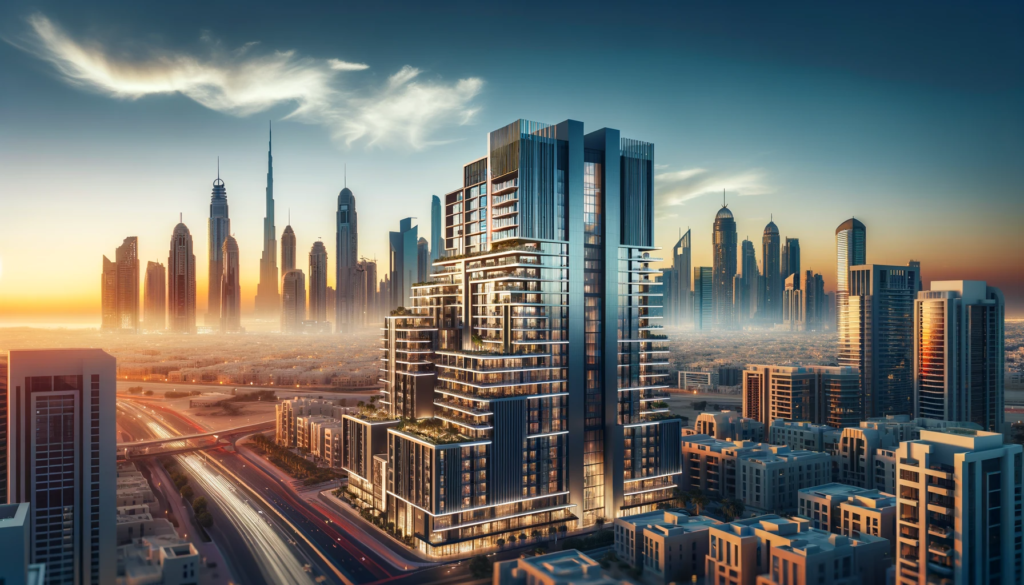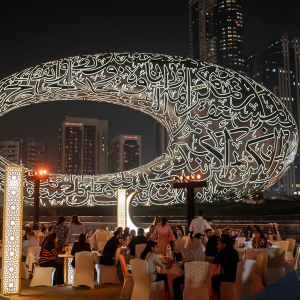Choosing Between Single and Multiple Cheque Payments
Dubai’s rental market is witnessing a significant increase in rates, putting extra financial pressure on tenants whose salaries remain stagnant. Many tenants, in response, are opting for multiple cheque payments, even at the cost of slightly higher rents. This trend is primarily due to the robust real estate market and the shifting dynamics of tenant-landlord negotiations.
Landlords are leveraging the situation, often demanding higher rents for multiple cheque payments. According to industry experts, tenants who can afford to pay upfront in a single cheque can negotiate significantly lower rents. However, this is increasingly challenging as the norm shifts towards multiple cheque payments, a trend driven by the changing nature of corporate employment and payment structures in Dubai.

Despite Dubai’s generally higher liquidity and disposable income levels, the reality for many tenants is a tough negotiation environment. With the growing demand for rental properties and limited availability, securing lower rents has become highly challenging. In 2024, market players anticipate rental rates to continue rising at a double-digit rate, influenced by Dubai’s appeal as a haven for professionals and the wealthy.
Alex Pigaev, Chief Business Development Officer at Realiste, notes that as rentals rise rapidly, tenants are struggling to match this increase with their incomes. Consequently, areas farther from the city center are seeing a surge in rental requests. This shift is also affecting the services around rentals, with brokers demanding higher commissions due to the robust market.

Dubai’s Real Estate Regulatory Authority (Rera) plays a crucial role in this landscape, offering guidelines for fairness and transparency, particularly concerning annual rent increases. Tenants are becoming more aware of their rights and are increasingly challenging deviations from these guidelines.

Interestingly, as tenants choose to stay longer in the same property, they are becoming more demanding regarding property alterations. Requests for upgrades, especially in kitchens and bathrooms, are becoming more common as tenants plan to stay longer in their rented homes.












